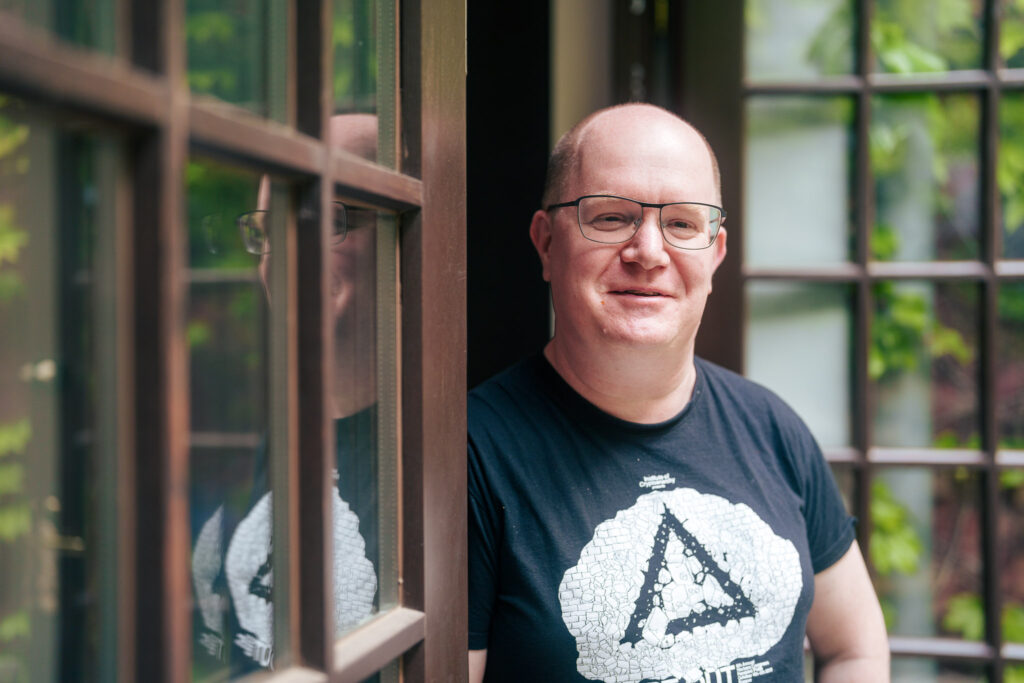
I’m a software developer based in Utrecht, The Netherlands. I’ve been working in the Bitcoin industry since 2014 and became a Bitcoin Core contributor in 2017. I’m the author of Bitcoin: A Work in Progress and co-host the Bitcoin, Explained podcast. I’ve also occasionally spoken at technical meetups and conferences.
You can find me on Github and on Nostr. The best way to contact me is via email at sjors@sprovoost.nl (PGP).